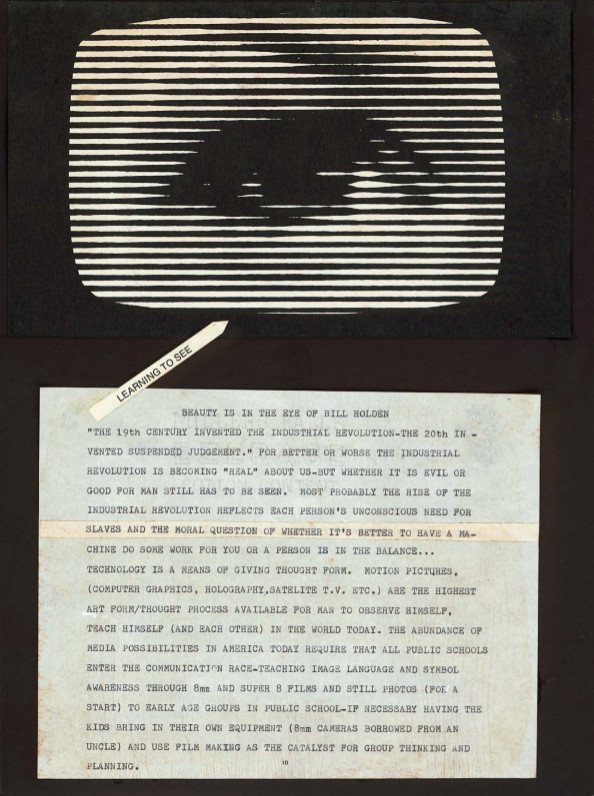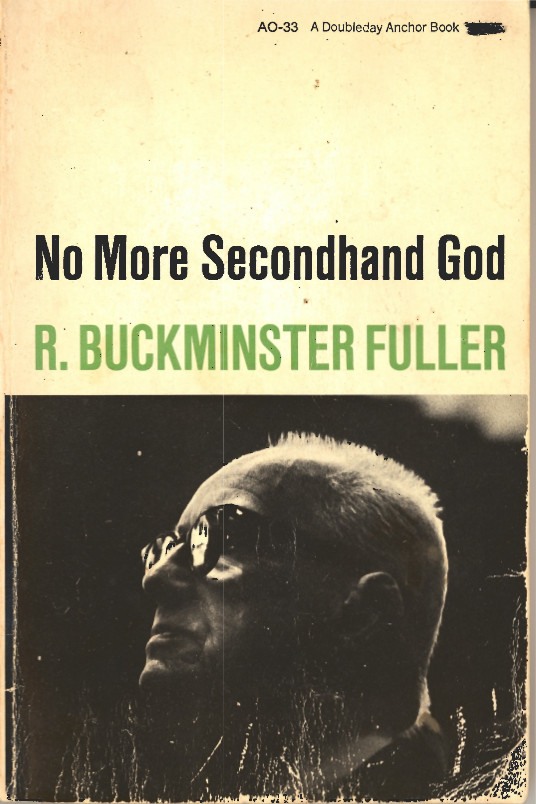Alexander Bard, Jan Söderqvist: The Futurica Trilogy (2012)
Filed under book | Tags: · body without organs, capitalism, empire, event, globalisation, internet, machine, memetics, networks, philosophy, politics, schizoanalysis, sex, society, technology

“In the late 1990’s, Swedish social theorists Alexander Bard and Jan Söderqvist started working on a radical new theory, since referred to as The Netocracy Hypothesis. At this early stage Bard & Söderqvist foresaw that the control of the internet would be the subject of the main power struggle for the next century; an outright war between a brand new rising elite (the netocrats) and an established but rapidly declining elite (the bourgeoisie). They made predictions against the tide in the early years of the new millennium (and cleverly foresaw both the dot com crash and September 11), and have since then been proven right in virtually every aspect and even in the most minute of details. Not only did Bard & Söderqvist foresee revolutionary innovations such as Google, Facebook, Al-Qaida and Wikileaks, they also went deeper and looked beyond where any other observer has been or managed to go, into the very power struggle of the on-going revolution. Now, for the first time, all three of Bard & Söderqvist’s groundbreaking works have been collected and released as one compact set, under the title The Futurica Trilogy. The first book is The Netocrats (explaining how the internet creates a new global upper class which fights and destroys the old stuggling power structure); the second book is The Global Empire (dealing with the worldview of the netocrats and how it radically differs from any previous ideology in history); and the third book is The Body Machines (discussing how the idea of what it means to be human in an interactive world radically differs from any previous concept of human existence).”
Originally published in Swedish in 3 volumes: Nätokraterna (2000), Det globala imperiet (2002), and Kroppsmaskinerna (2009).
Translated by Neil Smith
Publisher Stockholm Text, 2012
ISBN 9789187173035
740 pages
video interview with the authors (2008)
Comment (0)Stan VanDerBeek: Violence Sonata / The History of Violence in America (1970)
Filed under artist publishing | Tags: · art, collage, education, machine, mass media, media, participation, performance, technology, television, violence

Stan VanDerBeek was part of the “Rockefeller Artists-in-Television” residency program at Boston public television station WGBH from 1969–1970, during which time he produced the simulcast television program Violence Sonata. The program, directed by David Atwood and Fred Barzyk, was transmitted simultaneously on both Channels 2 and 44 on January 12, 1970, with the suggestion that viewers place two television sets side-by-side. Following sonata form, the piece is composed of three segments: “Man,” “Man to Woman,” and “Man to Man.” The simultaneous broadcast consisted of material VanDerBeek composed from previous films, archival and newsreel footage, video shot in Boston for the show, and filmed collages, further manipulated and enhanced through overlays and color saturation. Sections of the broadcast were played before a live studio audience, with actors also performing a play written by VanDerBeek for the show. Home viewers were encouraged to call in their responses to the program between the acts. The series of collages entitled The History of Violence in America was conceived as layouts for reproduction and publication in a booklet to accompany the broadcast.
Commentary: Melissa Ragain (X-TRA, 2012).
Video excerpt (Violence Sonata)
PDF (Violence Sonata – script, photo documentation, sketches, collages, reviews)
PDF (The History of Violence in America, 22 pages)
R. Buckminster Fuller: No More Secondhand God and Other Writings (1963/1971)
Filed under book | Tags: · art, machine, science, technology

These prose pieces and prose-poem essays show the development of the thinking of R. Buckminster Fuller, the world-famous inventor of the Geodesic dome. Fuller himself aptly describes these pieces as “mental mouthfuls and ventilated prose.” The title poem No More Secondhand God, written in 1940, proposes practical means for daily or hourly telephone voting by democracy. In another prose-poem Fuller formulates his “comprehensive anticipatory design science.” Each of the pieces in this book is an adventure for the mind; each “generates sublimity of those poetical moments of man’s fleeting glimpses of the omniscient.”
Originally published by Southern Illinois University Press, 1963
Publisher Anchor Books, New York, 1971
145 pages
PDF (no OCR)
Comment (0)
